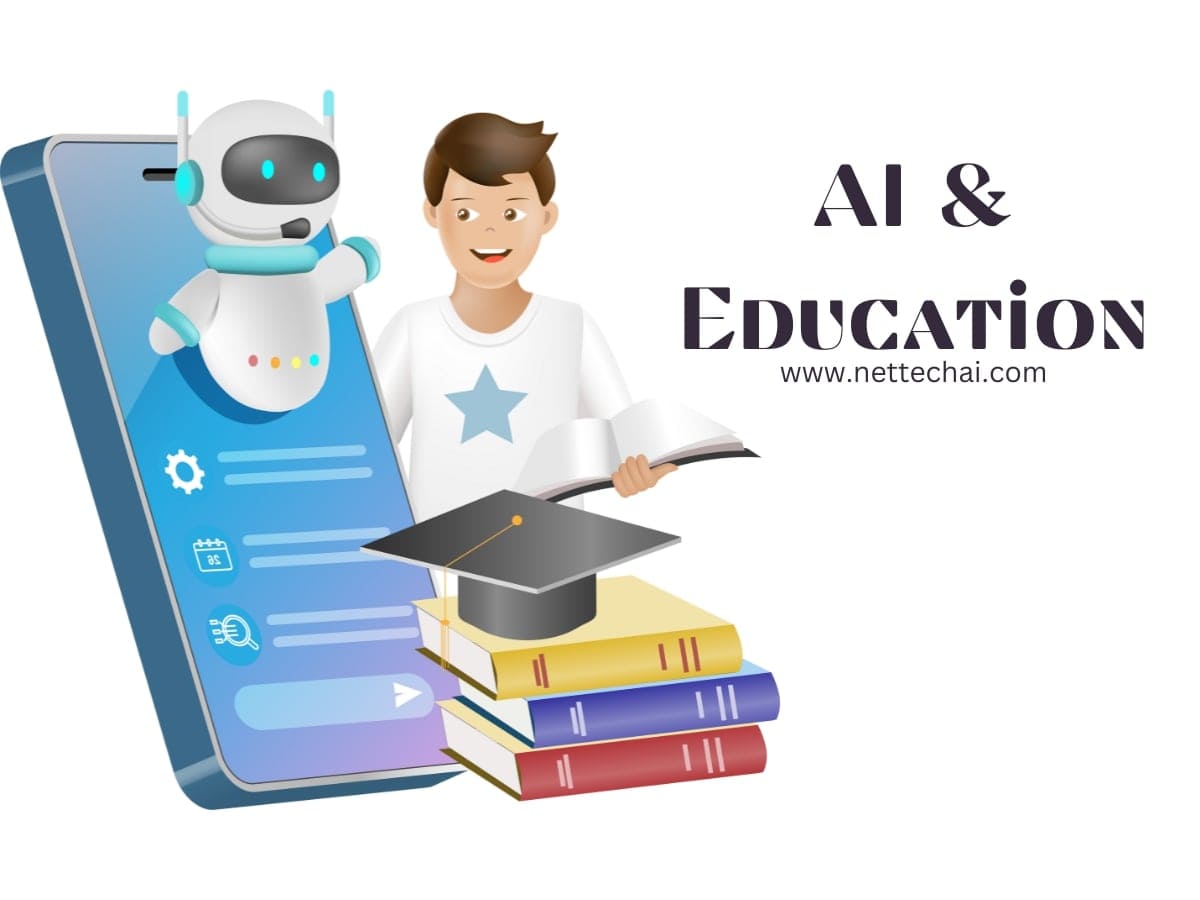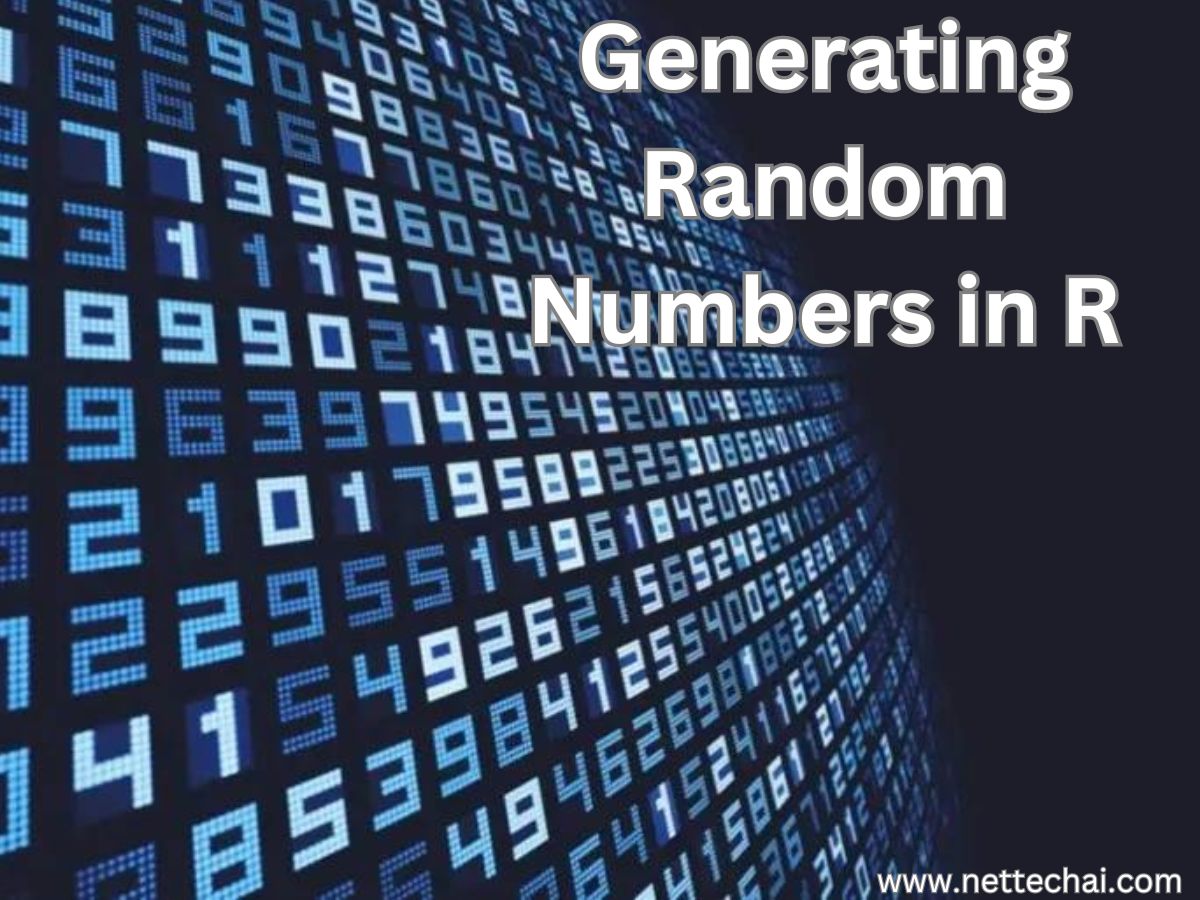In the dynamic landscape of education, the integration of Artificial Intelligence (AI) has sparked a revolution, reshaping the way we learn and develop essential skills. This article embarks on an enlightening journey through the realm of AI in education, illuminating its pivotal role in personalized learning, exploring the power of adaptive learning platforms, delving into the potential of education data analytics, and unveiling how AI bridges the digital divide through remote learning.
The Role of AI in Education
AI-Powered Personalized Learning Experiences
In the age of AI, education becomes personalized like never before. Imagine an educational experience tailored to your learning style, pace, and preferences. AI-powered personalized learning analyzes individual learning patterns and adapts the curriculum accordingly. This fosters a deeper understanding of concepts and promotes self-directed learning, ultimately enhancing students’ knowledge retention and overall academic performance.
Enhancing Teaching Methods through AI
Teachers are at the heart of education, and AI amplifies their impact. AI-driven insights provide educators with valuable data on students’ progress and areas of struggle. Armed with this information, teachers can employ more effective teaching strategies, ensuring that each student receives the attention and support they need. AI is a collaborator, enriching the educational experience by creating an environment that nurtures critical thinking and creativity.
Adaptive Learning Platforms
AI-Driven Assessment and Feedback Mechanisms
Traditionally, assessment has been a periodic event, but AI transforms it into a continuous process. Adaptive learning platforms equipped with AI conduct real-time assessments, offering immediate feedback to students. Through this instant feedback loop, students can identify their strengths and areas needing improvement. This iterative approach to assessment facilitates a deeper understanding of subjects and allows students to refine their learning strategies.
Customized Learning Paths for Students
Education is not one-size-fits-all, and AI acknowledges that diversity. Adaptive learning platforms craft unique learning paths for each student. By analyzing individual performance and preferences, AI suggests learning resources, activities, and exercises that cater to each student’s learning needs. This personalized journey ensures that students are engaged and challenged at their optimal level.
Education Data Analytics
Utilizing Data to Improve Learning Outcomes
Data-driven insights have transformed industries, and education is no exception. AI leverages education data analytics to extract meaningful patterns from student performance data. By identifying trends and areas of improvement, educators can make informed decisions about curriculum design, teaching methodologies, and individualized interventions. This data-driven approach enhances learning outcomes and contributes to the continuous improvement of the educational process.
Tracking Student Progress
AI simplifies the process of tracking student progress. Through data analytics, educators gain comprehensive insights into student performance over time. This longitudinal view enables educators to identify trends, measure growth, and intervene when necessary. As a result, the educational journey becomes more transparent and collaborative, fostering a sense of shared responsibility between educators, students, and parents.
AI and Remote Learning
AI-Powered Remote Teaching Tools
In the era of remote learning, AI emerges as a lifeline. AI-powered tools facilitate interactive virtual classrooms, ensuring that the absence of physical presence doesn’t hinder engagement. These tools enable teachers to monitor students’ participation, assess their understanding, and provide instant feedback. The AI-driven virtual classroom fosters a sense of connection and maintains the vibrancy of in-person learning experiences.
Bridging the Digital Divide through AI-Driven Education
One of AI’s most impactful roles in education is its potential to bridge the digital divide. Many students lack access to quality education due to geographical or economic barriers. AI-driven education platforms democratize learning by delivering content to remote and underserved areas. Through AI, students can access educational resources, connect with educators, and participate in virtual classrooms, leveling the playing field and ensuring educational equity.
Looking Ahead
AI-Enabled Lifelong Learning
The journey of learning doesn’t conclude with graduation; it’s a lifelong endeavor. AI facilitates continuous learning by offering personalized upskilling and reskilling opportunities. As industries evolve, AI empowers individuals to stay updated with emerging trends and technologies, fostering adaptability and career growth.
Global Collaboration and Access
AI paves the way for global collaboration in education. It connects educators, students, and experts from diverse corners of the world. Through virtual platforms, students gain exposure to different cultures, perspectives, and ideas, enriching their educational experience and preparing them for a globally interconnected world.
In conclusion, AI’s integration into education transforms traditional paradigms, propelling learning and skill development into an exciting new era. From personalized learning experiences to data-driven analytics, AI empowers educators and learners alike. As we navigate this AI-enhanced educational landscape, it’s crucial to balance technological advancements with ethical considerations, ensuring that AI-driven education remains inclusive, equitable, and human-centric.








One thought on “AI in Education: Transforming Learning and Skill Development”
Comments are closed.